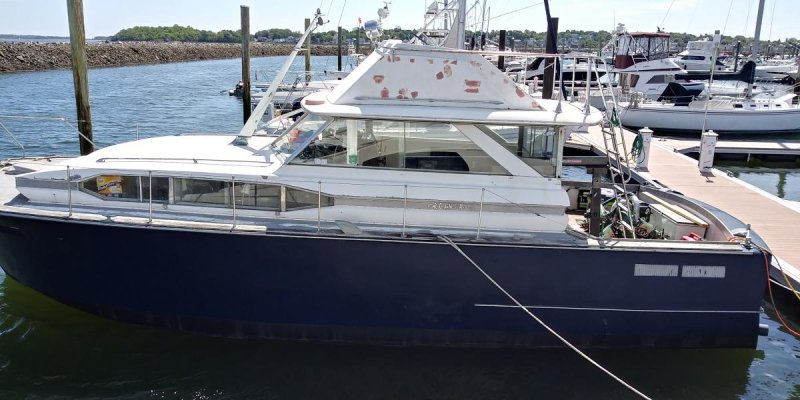South of Heaven
Guru
- Joined
- May 11, 2017
- Messages
- 1,167
- Location
- USA
- Vessel Name
- Slow Lane
- Vessel Make
- 2005 Silverton 35 Motoryacht
Guys,
Im slipped next to a 40 foot Chris Craft Roamer which is fully aluminum. He's doing a full refit. Probably about 50% done. The remainder of the work will be performed in the water.
Others on my dock arent happy about it because they said that a fully aluminum boat will contritbute to the faster breakdown of all our zincs. Yay or nay?? Hes my neighbor! I'm freaking out!
Im slipped next to a 40 foot Chris Craft Roamer which is fully aluminum. He's doing a full refit. Probably about 50% done. The remainder of the work will be performed in the water.
Others on my dock arent happy about it because they said that a fully aluminum boat will contritbute to the faster breakdown of all our zincs. Yay or nay?? Hes my neighbor! I'm freaking out!
Last edited:


